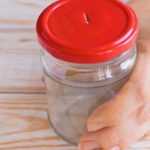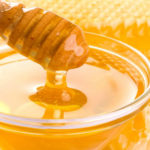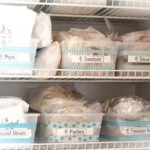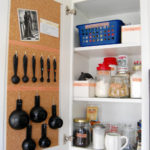Food wrappers are commonly purchased for their practicality and functionality.
Using food wrappers is undeniably beneficial in maintaining food hygiene in the refrigerator and preventing insects from infiltrating the kitchen. Nevertheless, the excessive consumption of food wrappers gives rise to substantial environmental waste, posing a threat to the ecosystem. Consequently, it becomes imperative to address this issue and seek sustainable alternatives.
Upgrade your kitchen with these eco-friendly alternatives to plastic food wrap. Say goodbye to wasteful plastic and hello to a greener kitchen.
- Set a plate on top of a bowl.
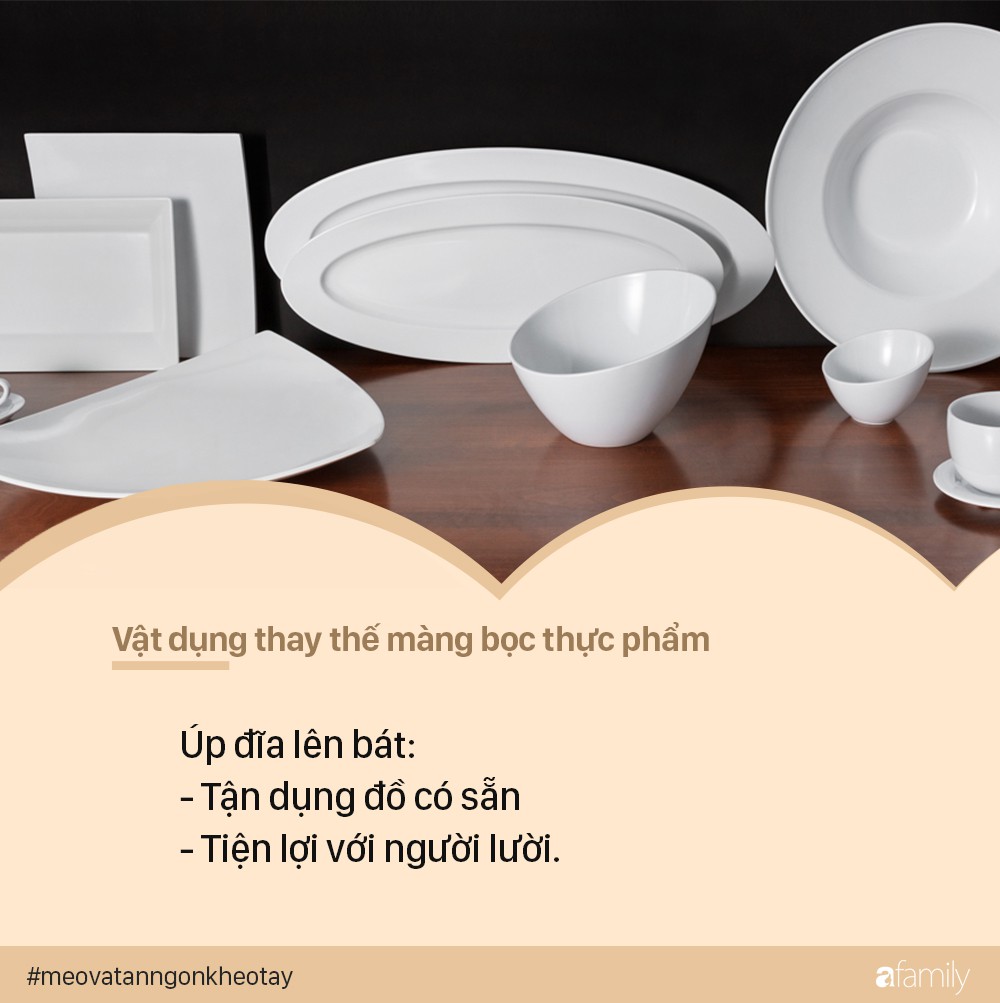
The Ease of this Method
Doesn’t this method seem incredibly simple? It doesn’t demand a lot of equipment and is even suitable for individuals who prefer a more relaxed approach.
To effectively store leftovers, follow these simple steps:
1. Place the leftover food in a suitable bowl.
2. Cover the bowl with a matching plate.
3. Store the covered bowl in the refrigerator.
By employing this method, you can prevent any unpleasant odors from permeating your fridge. Be mindful to choose a plate that appropriately fits the size of your food container, avoiding mismatched sizes.
2. Get some silicone lids
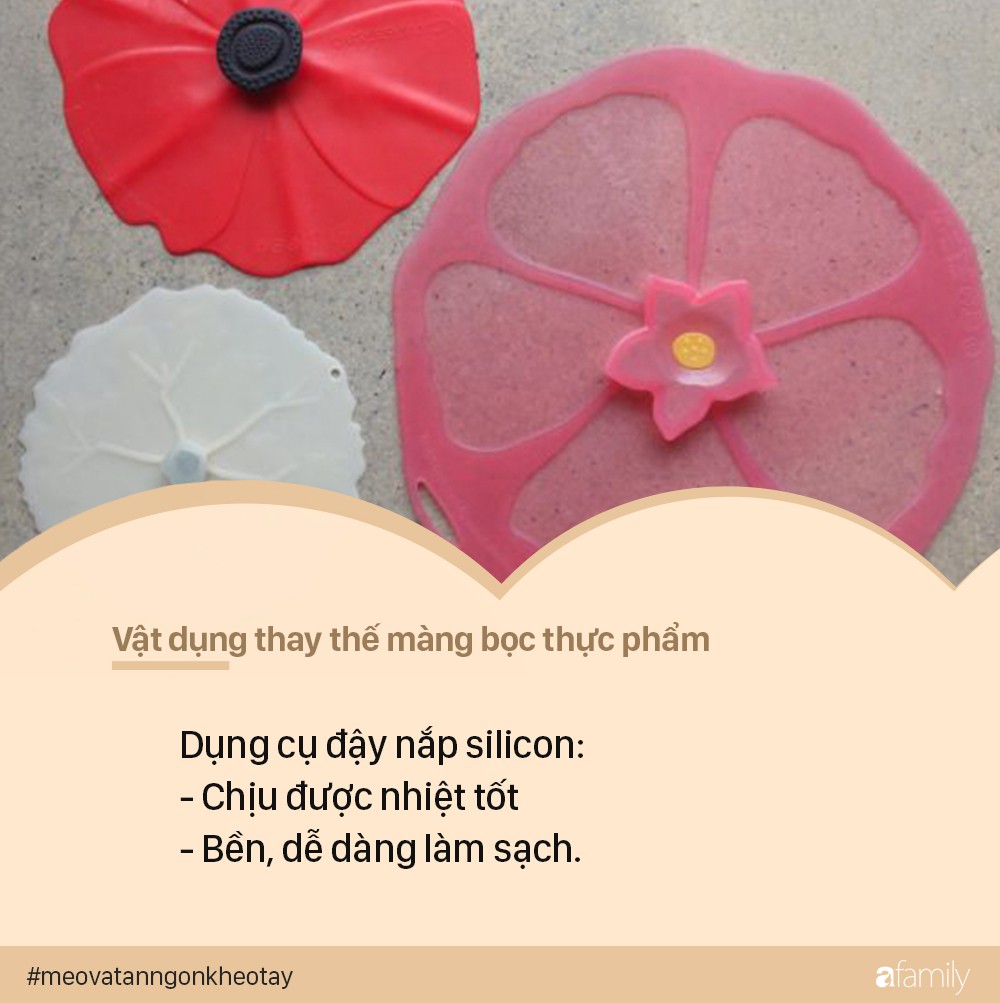
Silicone is a highly heat-resistant and durable material, making it an ideal choice for food storage lids. However, it is important to note that silicone is not recyclable, making it a less sustainable option for environmentally-conscious kitchens.
3. Heat-Resistant Glass Containers
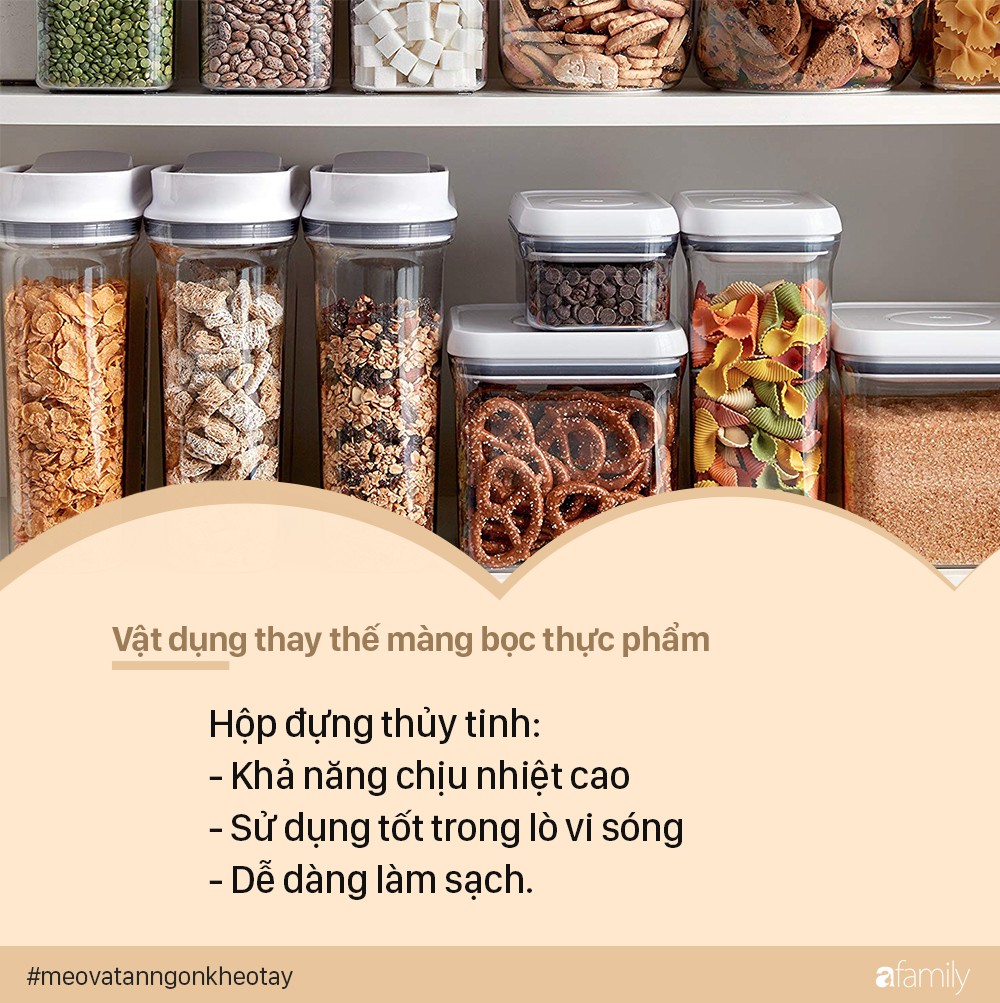
Enhance your culinary experience with our exceptional glass containers. Designed to preserve food effectively, these containers also boast remarkable heat resistance, allowing for microwave usage.
To properly store leftover food, simply place it inside a designated food container and securely seal the lid. Should you desire to reheat the leftovers the following day, kindly remove the lid and proceed to heat it in the microwave.
4. Glass Jars
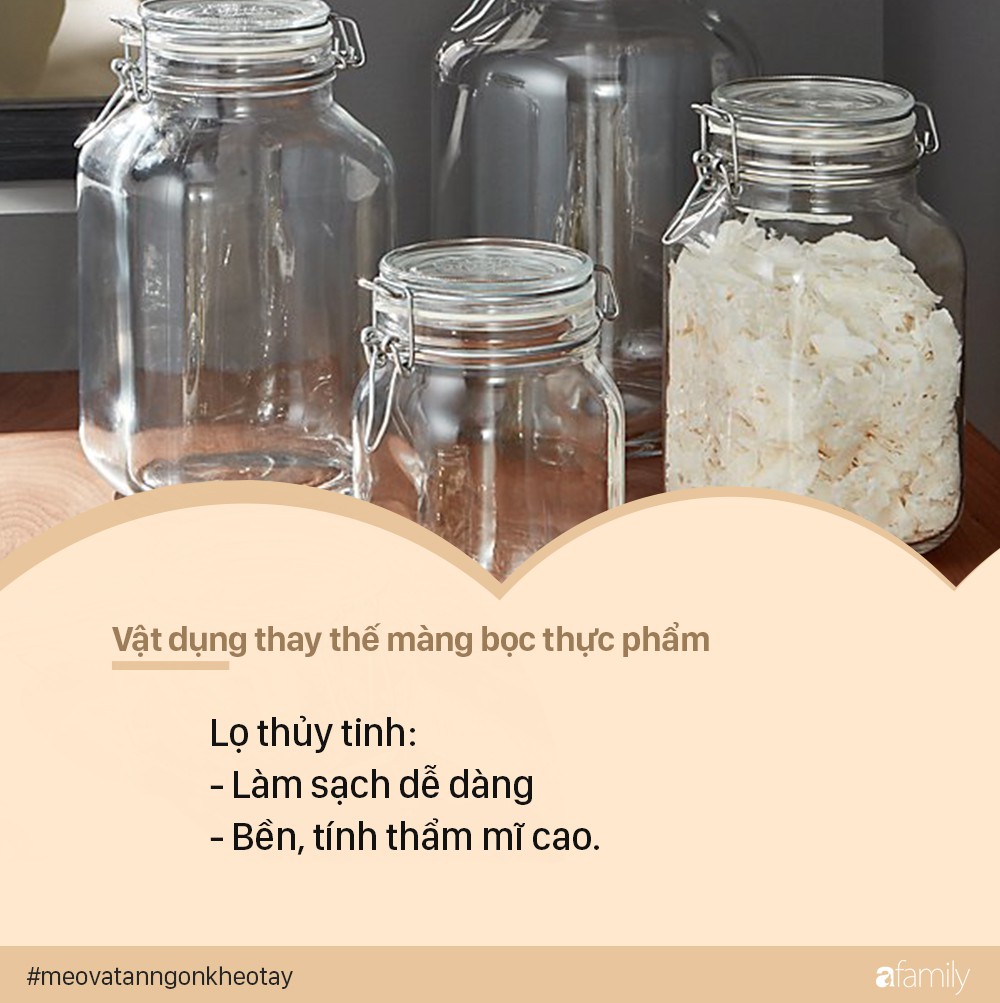
Glass jars are an excellent addition to any kitchen. They offer a versatile storage solution for a variety of items such as leftovers, fruits, vegetables, cereals, and even water. Their durability and transparent design make them the optimal choice for enhancing the organization and functionality of your kitchen space.
Glass Jar Types
When selecting a glass jar, it is important to consider its size and purpose. Different types of glass jars are available to suit various needs.
Factors to consider include:
- The size of the jar: Determine the amount of content you will be storing and choose a jar size that suits your needs.
- The type of closure: Different jars come with various closures, such as screw-on lids, cork stoppers, or swing tops. Choose a closure that best preserves your content.
- The shape and design: Consider the design and shape of the jar to ensure it is both functional and aesthetically pleasing.
- The material: Glass jars can be made from different types of glass, such as regular glass, borosilicate glass, or soda-lime glass. Each type has its own advantages and disadvantages, so choose accordingly.
By carefully considering your needs and selecting the appropriate type of glass jar, you can ensure that your stored contents are well-preserved and visually appealing.
Looking for a sustainable alternative to plastic wrap for food storage? Consider beeswax wrap. Made from a blend of organic cotton, beeswax, jojoba oil, and tree resin, beeswax wrap is a natural, reusable, and biodegradable option. It is perfect for wrapping sandwiches, covering bowls, or keeping fruits and vegetables fresh. Additionally, beeswax wrap is easy to clean – simply wash with cool water and mild soap. Say goodbye to single-use plastics and embrace a more eco-friendly way of preserving your food with beeswax wrap.
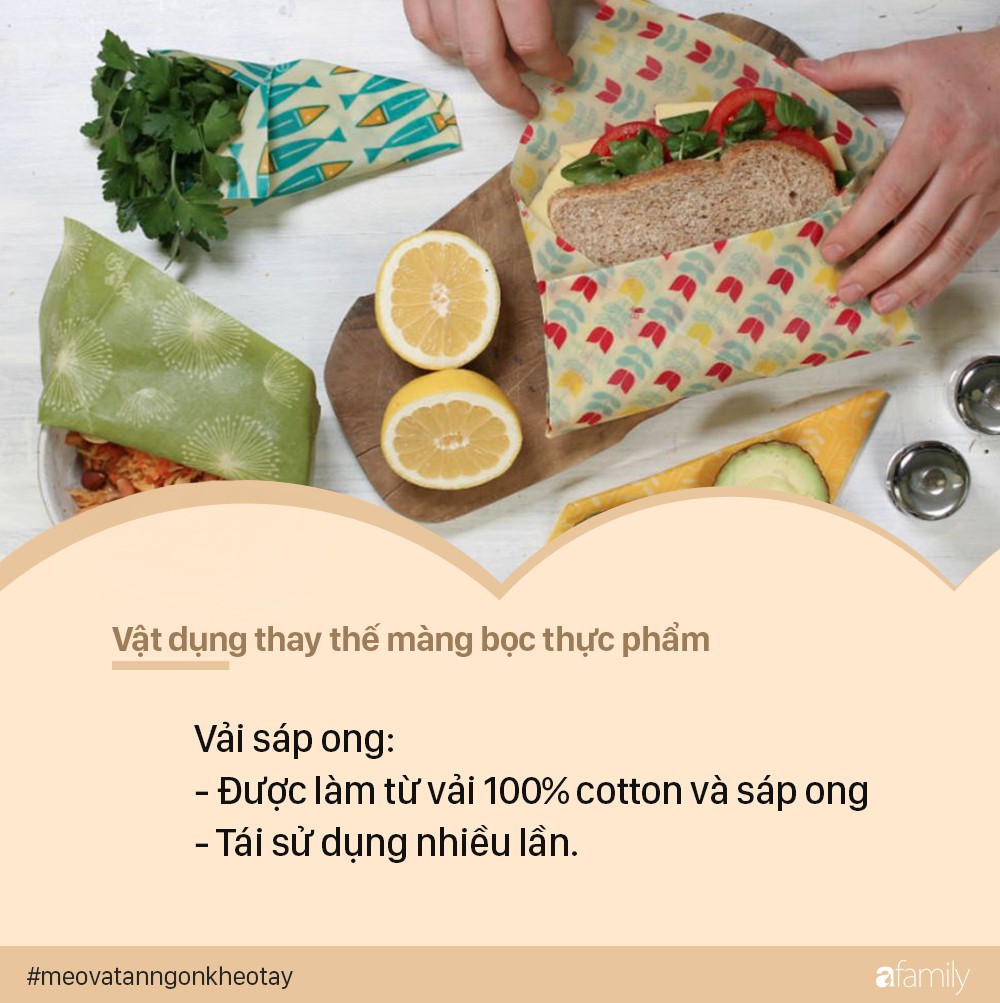
Beeswax wrap is a unique and eco-friendly option for your kitchen needs. Crafted from 100% cotton fabric and infused with beeswax, this alternative to plastic food wrap provides a safe and sustainable way to cover bowls, bottles, and directly wrap food. Embrace the benefits of beeswax wrap and make a positive impact on both your kitchen and the environment.
The exceptional feature of this product lies in its reusable capabilities. It offers the convenience of being able to thoroughly clean the wraps after each use, making it suitable for food preservation. However, it is important to note that the beeswax wrap is not compatible with raw meat and fish or for packaging hot foods, as the beeswax is susceptible to melting at elevated temperatures.
























